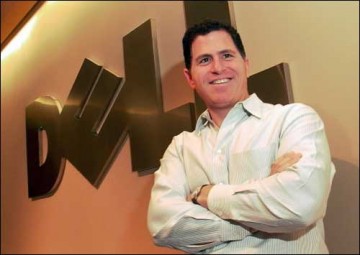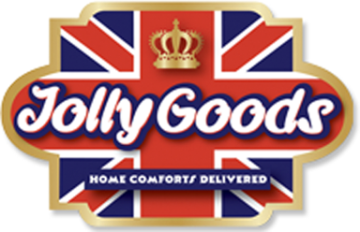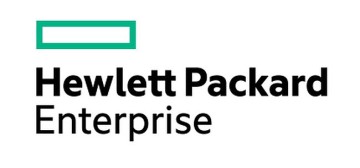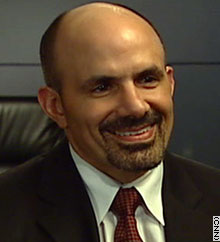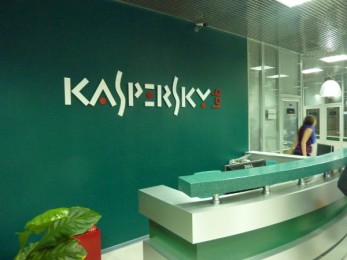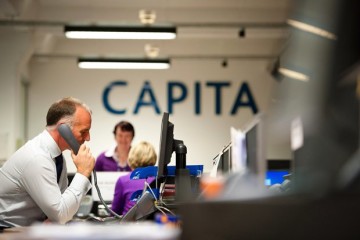 Beancounters at the analyst outfit Gartner group claims that the public cloud just getting bigger, will be worth $200bn in 2016.
Beancounters at the analyst outfit Gartner group claims that the public cloud just getting bigger, will be worth $200bn in 2016.
After adding up the numbers and dividing by its shoe size, Big G claimed that the global public cloud services market is set to grow by more than 17 percent in 2016.
According to Gartner, cloud services were worth $178 billion in 2015. This is set to increase to $208.6 billion in 2016, higher than the nominal GDP of Portugal.
Apparently all this will be driven by cloud system infrastructure services, which are projected to grow 42.8 percent year-on-year. Cloud application services, one of the largest segments in the global cloud services market, is expected to grow 21.7 percent to reach $38.9 billion.
Sid Nag, research director at Gartner said that the growth of public cloud is supported by the fact that organisations are saving 14 percent of their budgets as an outcome of public cloud adoption, according to Gartner’s 2015 cloud adoption survey.
However at the moment the aspiration for using cloud services outpaces actual adoption and while organisations might be keen to use cloud services, but there are still challenges for organisations as they make the move to the cloud.
“Even with the high rate of predicted growth, a large number of organisations still have no current plans to use cloud services,” Nag wrote.
Ed Anderson, research vice president at Gartner said that his outfit’s position on cloud security has been clear.
“Public cloud services offered by the leading cloud providers are secure. The real security challenge is using public cloud services in a secure manner,” he said.
Hybrid cloud faces challenges, however, and Gartner reported that organisations are concerned about integration challenges, application incompatibilities, a lack of management tools, a lack of common APIs and a lack of vendor support too.
Anderson said that while public cloud services will continue to grow. We also know that private cloud services (of various types) will become more widely used.
“Providers must focus on the top hybrid cloud challenges to be successful in meeting the growing demand for hybrid cloud solutions.”


